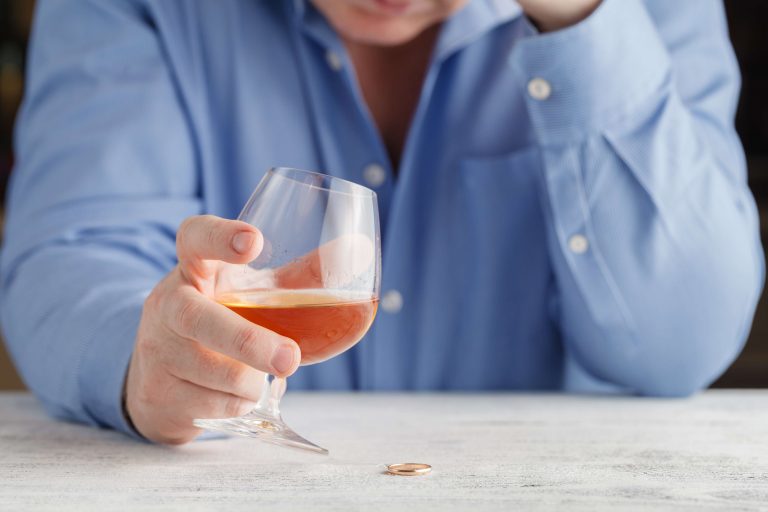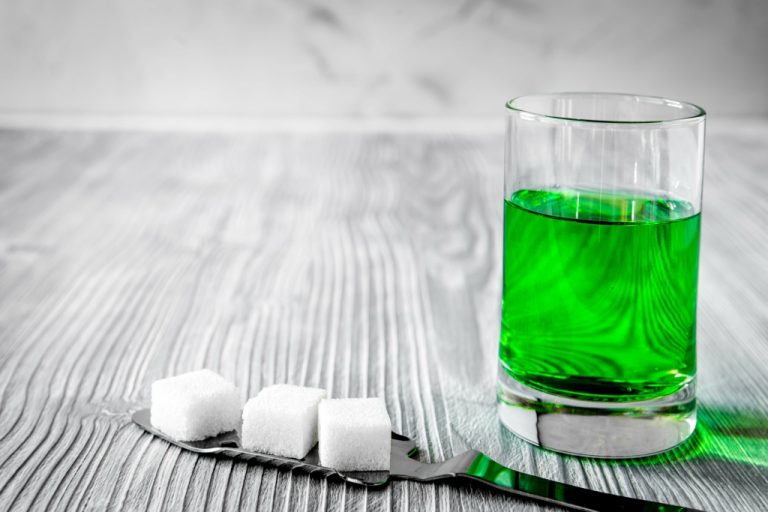She is an advocate for mental health awareness and addiction recovery and is a recovering alcoholic herself. Find Jami DeLoe on her blog, Sober Grace, Twitter, and Facebook. When I was in early sobriety, I had drinking dreams regularly and they always involved the act of drinking. Sometimes they included dealing with the day after a night of drinking – https://natureworld.ru/index.php?option=com_content&view=article&id=115&catid=1&itemid=40 the hangover and trying to piece together what happened the night before while I was in a blackout. The dreams at that point in my recovery were usually about the things I did during my active drinking. Relapse is a common feature of substance use disorders, and it is more the rule than the exception.
Alcoholism Support Groups
We offer the highest level of skilled care in a calm, comfortable environment. Remember, you are an important part of the treatment team with enormous power to do good for your loved one. Taking these steps can help make their long-term recovery a reality. With a slip-up, you might have a drink, but you quickly realize it’s the wrong path for you, and it doesn’t go further. With a relapse, the situation can become dire because of the shame and guilt, particularly if it’s not dealt with early on.

How is alcohol withdrawal diagnosed?
- The greatest degree of alcohol-induced injury occurs in the liver and GI tract, as both these organs/systems are the first to encounter high concentrations of imbibed alcohol.
- By addressing these challenges head-on, those committed to sobriety can enjoy the many benefits of a sober life, such as improved physical and mental health, better relationships, and increased self-confidence.
- Clinical evidence suggests that the most common causes of relapse during this stage are neglecting self-care or not attending self-help groups.
You wouldn’t expect that you could self-treat hypertension or diabetes without the help of medical professionals. If you need support, help, or have questions, please contact our team at The Recovery Village. If someone is in recovery, they might feel more of a temptation to drink again than normal.
What Is an Alcohol Relapse?

The question of whether an alcoholic can ever drink again treads deep into the heart of the complexities surrounding alcohol use disorder (AUD), recovery, and the nature of addiction itself. This exploration has navigated through the biological, psychological, and social underpinnings of alcoholism, the controversial concept of controlled drinking, and the challenging dynamics of sobriety and relapse. It is evident that alcoholism is not a one-size-fits-all condition, nor is its recovery a linear path marked by a universal solution. Understanding alcoholism as a progressive disease is crucial in the context of whether an alcoholic can ever drink again. As the condition advances, the physical and psychological effects become more severe, and the ability to control drinking https://gettags.info/h-beatyesterday/ diminishes.

When we think about a relapse, we tend to think about it as sudden, unexpected, and all at once. In reality, it’s likely a gradual progression for most people, and there are typically three stages of relapse. Relapse is a process that can begin weeks or months before someone drinks. People will often go through treatment and have a period of sobriety. But what happens if, after being sober, someone starts drinking again?
- Current evidence supports that alcohol alone is the causative agent that delays bone growth and repair.
- Most significantly, the recovery process after cessation of alcohol consumption (abstinence) is explored.
- If you quit using alcohol completely, repairing your liver after heavy drinking may be possible.
- Doing a cost-benefit analysis to weigh the benefits of alcohol use against the cons and costs can sometimes help a person find clarity at this stage.
- Drinking again after sobriety can also strain your relationships with friends and family.
Commentary: ‘It’s 5 o’clock somewhere’ is no joke if you’ve seen alcohol’s toll
- For those struggling with alcohol addiction or considering returning to drinking after sobriety, seeking professional help is highly recommended.
- When someone in recovery slips by consuming any amount of alcohol, the brain can revert back to how it functioned when the person was abusing alcohol.
- At the core of this debate is the acknowledgment that recovery from alcoholism requires a highly individualized approach.
- Don’t let this situation or cravings make you feel down or like you haven’t achieved something amazing already.
- Combining therapy with support groups can greatly improve your odds of success.
- The debate underscores the importance of personalized approaches to recovery, taking into account the unique circumstances, risks, and resources of each individual.
Another immediate need you should fulfill following a relapse is a safe living environment. If your living arrangements are neither safe nor conducive to recovery, please consider https://bourgas.ru/bolgariya-mozhet-vyigrat-evrovidenie-2020/?utm_source=yxnews&utm_medium=mobile&utm_referrer=https%3A%2F%2Fyandex.ru%2Fnews alternative arrangements. If you relapse while operating under a harm-reduction model, it usually means you have gone back to the previous substance you used with the same amount of frequency that you originally tried to reduce or replace. The influx of alcohol causes an unnaturally high surge of dopamine and other chemical hormones that deliver an intense sense of well-being, serving to reinforce the use of alcohol powerfully. As the loved one of someone in recovery, there are ways you can help preserve their recovery and prevent a relapse. Most importantly, reintroducing alcohol into your life should not be taken lightly.

Each relapse episode can strengthen the person’s belief that sobriety is not possible for them. Once a person with AUD gets through the initial withdrawal process, most symptoms ease or stop, indicating the body is adjusting to the absence of alcohol. If the individual resumes drinking after the body has adapted to function without alcohol, they will find their tolerance has decreased. Drinking the same amount before stopping alcohol use means they feel the effects much more quickly and may experience dangerous results, including blackouts or alcohol poisoning. We publish material that is researched, cited, edited and reviewed by licensed medical professionals. The information we provide is not intended to be a substitute for professional medical advice, diagnosis or treatment.